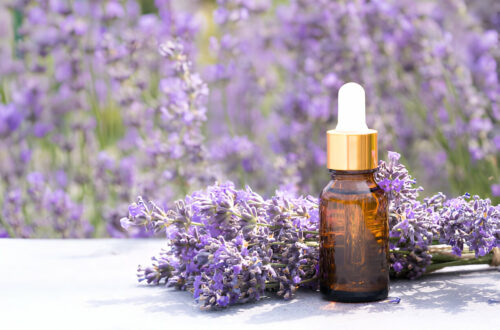Coconut oil is useful both in cooking and in skincare. Some articles praise it as a great beauty product, while others say it’s not as effective as claimed. So, how good is coconut oil for your skincare routine?

Using coconut oil on the skin may have several benefits, such as:
Moisturizing dry skin, including for people with eczema
Reducing inflammation from UVB rays
Helping wounds heal
Providing antibacterial, antifungal, and antiviral effects
Some early research supports these benefits, but more studies are needed to confirm them.
The benefits of coconut oil for your skin depend on the type you use. Suzanne Friedler, M.D., a board-certified dermatologist, explains that coconut oil is made from the meat of mature coconuts, which grow on Cocos nucifera trees. For skincare, it’s best to use unrefined (virgin or extra-virgin) cold-pressed coconut oil. To learn more about unrefined and refined coconut oil click here Eating Well
Cold pressing, which doesn’t involve heat, helps keep more of the oil’s nutrients intact.
To understand how these nutrients can benefit your skin and whether coconut oil is a good choice for your skincare routine, here’s what dermatologists have found so far.

The Pros and Cons of Using Coconut Oil for Skin
Coconut oil can be a great moisturizer for your skin. It is rich in medium-chain fatty acids, especially lauric acid, which has strong antibacterial and antimicrobial properties, and linoleic acid, which is excellent for hydration. For similar moisturizing benefits, you might also consider using jojoba oil for face.
Coconut oil can help repair the skin’s barrier, which is the outer layer that protects your body from environmental threats. This makes it especially useful if you have dry, sensitive skin or atopic dermatitis. For additional benefits, you might also consider using argan oil for face.
In addition to being highly hydrating, coconut oil forms a protective layer on your skin that keeps moisture in and prevents water from evaporating.
This protective layer helps fix cracks in the skin and makes it harder for harmful bacteria, like Staphylococcus, to cause infections, says Friedler.
Coconut oil also has anti-inflammatory and antioxidant properties. According to a 2018 study in the International Journal of Molecular Sciences, these properties, along with its hydrating effects, can help speed up wound healing. For similar healing benefits, you might also consider using rosehip oil for face.
Coconut oil’s antioxidant properties can help protect your skin from damage caused by UV rays and pollution. “Applying coconut oil after sun exposure may be helpful for your skin,” says Dr. Hadley King, a dermatologist in New York City.
However, avoid using coconut oil on a sunburn right away. It can trap heat and make the burn worse. Wait until your skin has healed a bit and is no longer feeling hot before using coconut oil to help with healing and hydration.
Considering all these, coconut oil is one of the best oils for skin.

Should You Use Coconut Oil on Your Face?
Although coconut oil has antibacterial and antimicrobial properties, it’s not the best choice for fighting acne. Coconut oil is highly comedogenic, which means it can clog pores. This may worsen acne for some individuals. “Coconut oil is quite comedogenic, which means it can clog pores and worsen acne,” says Dr. King. If you have oily skin or are prone to acne, avoid using coconut oil on your face, chest, upper back, and shoulders, as these areas have more oil glands. Always do a patch test on other areas of your body before using it more widely.
How to Choose the Best Coconut Oil for Skin
Both refined and unrefined coconut oils are good moisturizers because they contain fatty acids. However, unrefined coconut oil is better for skin care. It has more phytonutrients, like antioxidants, which help protect the oil and your skin. For additional skin benefits, you might also consider using olive oil for skin care.
Refined coconut oil undergoes high temperatures during processing, which removes many antioxidants. That’s why experts recommend unrefined coconut oil for its extra benefits.
Opting for organic cold-pressed coconut oil means it’s processed without pesticides, chemicals, or additives, making it gentler on your skin.
When choosing coconut oil for your skin care routine—whether as a moisturizer, lip balm, or shaving cream—consider trying these popular, high-quality options. For similar benefits, you might also explore castor oil for skin care.

How to Use Coconut Oil
Coconut oil is often used as a skin moisturizer. To use it, rub a small amount directly onto your skin or hair. The oil usually absorbs quickly.
If you’re using coconut oil for the first time, test it on a small area of your body first. This is especially important if you have sensitive or oily skin to avoid any potential reactions.
For hair, apply the oil, leave it in for the desired time, and then wash it out with shampoo.
While you can also use coconut oil in your diet, research on its benefits for the skin from consumption is limited.





